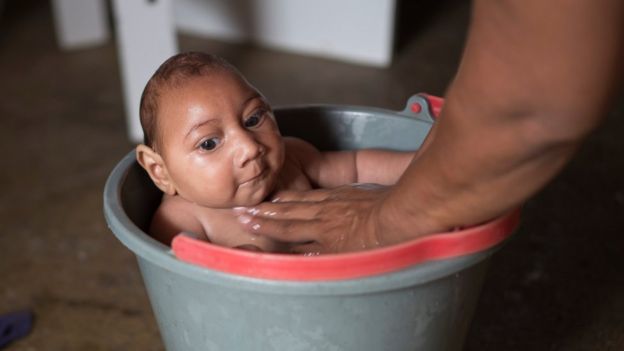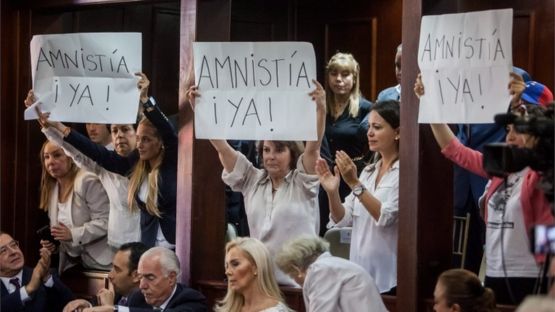By Kaitlyn Degnan
Impunity Watch Reporter, South America
LONDON, UK — Mercer’s second annual “When Women Thrive” report has identified Latin America as the only region globally on track to reach gender workplace parity at the professional level by 2025.
According to the report, in Latin America, women account for 17 % of executives today, but current hiring, promotion and retention rates projects that that number will rise to 44% in 2025. Women’s representation at the professional level is 36%, rising to 49% by 2025.

The study also reports that Latin American women are twice as likely as men to be promoted from the senior manager level, and more likely to be promoted from every level.
Worldwide, women hold 28 % of profit and loss roles, breaking down to 47 % in Latin America, followed by 27 % in Asia and 25 % in Australia/New Zealand. Women only represent 22 % of profit and loss roles in the US and Canada and only 17% in Europe.
The study is based on a survey of 583 organizations in 42 countries (representing Europe, Asia, Australia, New Zealand and the Americas), accounting for 3.2 million employees.
Pat Milligan, Mercer’s global leader of the “When Women Thrive” initiative called the under-representation of women in the workplace an “economic and social travesty.” Julia Howes, a Mercer principal involved with the project, said that although there has been focus on women at the top, the main issue is the lack of female talent pipelines.
Women are set to make up 40 % of the professional workforce by 2025. Most regions of the world “won’t even be close to gender equality” within the next 10 years.
For more information, please see:
Forbes – Women: Under Representation is an Economic and Social Travesty – 26 January 2016
Mercer – 2016 Global When Women Thrive Report – 26 January 2016
Irish Times – Latin America Expected to top women at work rankings – 27 January 2016
Reuters – Latin America to top professional working women league by 2025 – Mercer – 27 January 2016



